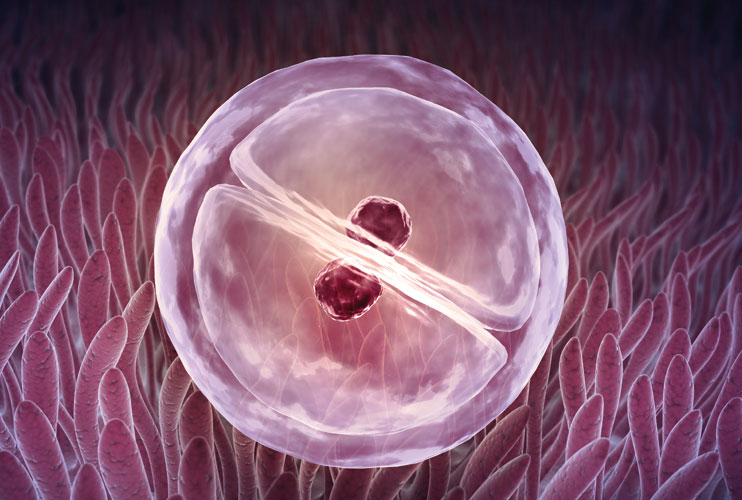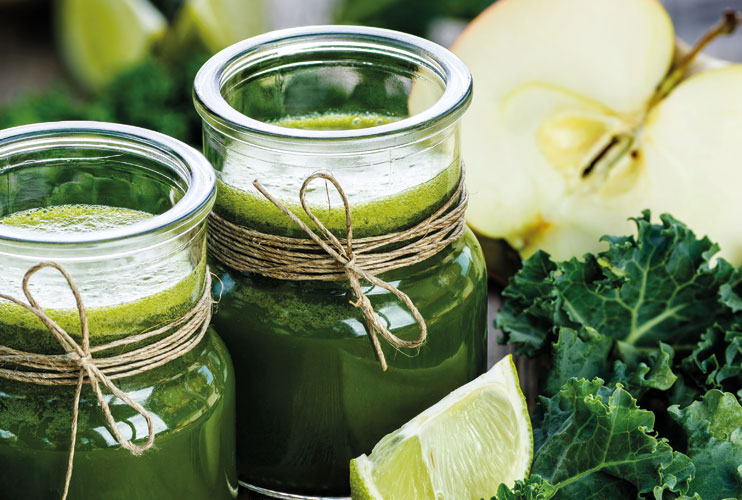Is your immune system all hot and bothered?
Could our beneficial Gut bacteria be the key to understanding and moderating inflammation?
Whether your focus is on supporting optimal natural fertility, wellness and peak performance or prevention and alleviation of symptoms, we are now discovering that the health of our Gastrointestinal (GI) microbiome is crucial for our vitality and longevity as well as the health of our children. Studies suggest that the gut microbiome is a crucial factor in mediating immunity and inflammation. [i]
Pro inflammatory or anti-inflammatory? Our gut may hold the answer
Our beneficial bacteria produce short chain fatty acids which may have the potential to reduce inflammation and modulate the immune system.
Conversely, when our microbiome shifts towards an over prevalence of bad bugs, known as dysbiotic or pathogenic bacteria, this could have the reverse effect. They activate pro-inflammatory processes which might then contribute to inflammation or inflammatory conditions such as allergy and asthma.
To keep our immune system and reproductive system at peak performance we need to look at the health of our gut
To understand the relationship between our digestive function and our immune system we need to look a little deeper at the structure of the gut lining.
The GI mucosa is at the centre of the body’s immune system. The mucosa – or lining – of our digestive tract is similar to the tissue in our mouth and nose but it has different structure and functions according to where it is in the body. It is here that the nutrients in our food are absorbed so it’s crucial for our health quality of life that the structure of this intricate layer is in optimal condition and well protected by a good quantity of beneficial bacteria.
As crucial as this layer is for sustaining life, it’s also extremely vulnerable to infection. This is our body’s first line of defence against invading pathogens. A pathogen is a bacteria or a virus or any microorganism that could cause disease.
The lamina propria, a sublayer within the gut wall, is home to immune system cells which initiate our immune response to infection and allergy. The production and release of inflammatory cytokines – a kind of signal molecule – happens from this layer.
Inflammation; friend or foe?
The classical components of the inflammatory response include heat, redness and pain and loss of function. If you’ve ever scratched your hand or cut your knee you will have experienced this process first hand.
The inflammatory response is our body’s first response. Just like the emergency services, inflammatory processes are the first on the scene of an attack or a perceived attack. The danger zone is then sealed off ready for the specialists to come in. In this case the adaptive or acquired immune system cells and processes which eliminate pathogens.
If our body is in balance, we will have the capability to respond to threat and successfully restore body tissue whilst at the same time having the mechanisms in place to ensure the inflammatory process is self-limiting. It’s vital that once the inflammatory cascade is triggered, there is as the same time a method of resolution. What we don’t want is for this cascade to continue unchecked.
When Inflammation lasts too long and addressing inflammation as a low risk pre conception strategy to support optimal natural fertility
When this inflammatory response becomes persistent or chronic, we may begin to feel the effects on the amount of energy we have, and it may also impact on our fertility and performance. If it continues unchecked, we are at risk of shifting towards a disease state so it’s vital we take steps to support anti-inflammatory processes and avoid environmental factors which increase our risk of chronic inflammation.
The adverse effects of inflammation on fertility may include to disruptions to menstrual health and increase risk of implantation failure, endometriosis and recurrent miscarriage [ii].
What can go wrong with our gut and immune health – (mal)adaption to a modern environment
Our modern world issues numerous challenges to our immune system every day. We are exposed to an ever-increasing number of chemicals in our environment; air pollution, heavy metals, medications, cigarettes and alcohol. On top of this are the airborne allergens; pollen, mould, dust.
In addition, our Western diet has become increasingly pro-inflammatory, with trans fatty acids and refined flour forming a high percentage of the foods we eat. Many of us eat quickly in a high stress environment, perhaps sitting at our desk at work, a recipe for digestive issues to arise.
How to support – Anti-inflammatory diet, polyphenols, prebiotics, probiotics
The best foods to include are sources of omega-3 such as salmon, flaxseed or chia seed and walnut. A diverse array of antioxidant rich veggies and good quality olive oil, garlic, black and green tea, and purple fruit – particularly cherries.
Good quantities of prebiotics and probiotic supplementation or food and drink may also support anti-inflammatory processes [iii] and ensure our digestive and immune system stay in great shape and continue to support and defend us in the best way possible.
Eat whole food which might be found in nature (Eat wild!)
Inflammation is a crucial function which protects our bodies from harm. If our gut bacteria are not in good shape and we eat a largely processed diet, our immune system may shift out of balance and trigger inflammation we don’t want or need.
Although more research is needed, we are now discovering that taking great care to support our gut microbiome may be a vital part of maintaining our immune health. Nutritional immunology offers a low risk approach to pregnancy preparation and as such is a key part of our 1:1 client work.
If you suspect you may be experiencing any of the conditions mentioned in this article please work with your medical provider as well as your nutritional therapist to ensure you receive the best standard of care.
For further information on working with Eli Sarre or booking a consultation please contact us
Eli Sarre MA MA DipNT mBANT CNHC
Founder of Wildfare and Nutritional Therapist
References and acknowledgements
[i] Yao Y, Cai X, Fei W, Ye Y, Zhao M, Zheng C. The role of short-chain fatty acids in immunity, inflammation and metabolism. Crit Rev Food Sci Nutr. 2022;62(1):1-12. doi: 10.1080/10408398.2020.1854675. Epub 2020 Dec 1. PMID: 33261516.
[ii] Alesi S, Villani A, Mantzioris E, Takele WW, Cowan S, Moran LJ, Mousa A. Anti-Inflammatory Diets in Fertility: An Evidence Review. Nutrients. 2022 Sep 21;14(19):3914. doi: 10.3390/nu14193914. PMID: 36235567; PMCID: PMC9570802.
iii Manfred L et al. Probiotic supplementation affects markers of intestinal barrier, oxidation, and inflammation in trained men; a randomized, double-blinded, placebo-controlled trial. Journal of the International Society of Sports Nutrition 2012 9:45 https://doi.org/10.1186/1550-2783-9-45






